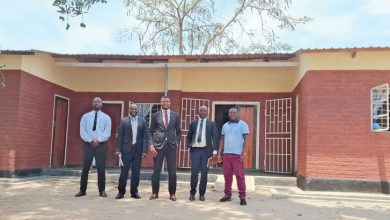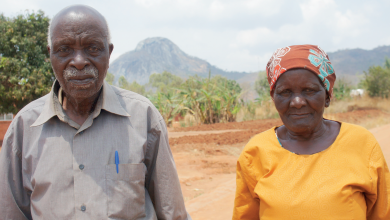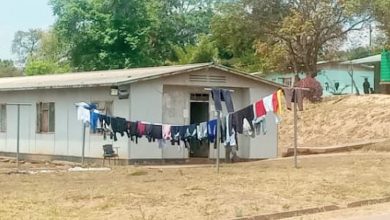Inclusive education still a pipe dream
The 2017 inclusive education policy promised a paradigm shift in Malawi’s education sector, guaranteeing access to quality education for all children. However, it is yet to achieve that pledge.
Among the goals of the policy was to ensure that learners with diverse needs in Malawi have equitable access to quality education in inclusive settings at all levels through the removal of barriers to learning, participation, attendance and achievement.
But six years after its enactment, the policy’s aspirations remain stuck in a pool of barriers such as inadequate funding, insufficient teacher training and inadequate infrastructure; hence, its slow implementation progress.

Many schools in the country remain inaccessible and promised resources, such as wheelchairs, braille material and sign language interpreters are scarce. As a result, thousands of children with disabilities continue being denied their right to education.
This is in sharp contrast to the policy which emphasised the need for accessible infrastructure, including ramps, elevators and adaptable toilets.
According to the Malawi Education Sector Analysis (ESA), only 12 percent of primary schools in Malawi have ramps while a mere five percent have accessible toilets.
Such barriers also apply to the story behind eight-year-old Priscilla Black, a Standard One learner at Chilusa Primary School in Balaka District. She uses a wheelchair because both her legs are disjointed.
Just like most primary schools in Malawi, Chilusa accommodates learners with physical disabilities amid inadequate resources to support them.
For example, the school lacks solitary ramps, a situation which creates a tough experience for Priscilla. She says the situation forces her to crawl using hands and knees at times to areas where her wheelchair cannot reach, as such, exposing her to risks of contaminating infections.
She says: “when going to the toilet, I have to leave my wheelchair outside and crawl inside since there are no special toilets to accommodate my needs.”
Chilusa Primary School head teacher Hector Jalasi says if fully supported, learners with disabilities can reach their full potential.
He says: “One of the biggest challenges students like Priscilla face is navigating our school’s physical environment, which lacks ramps, accessible restrooms and a playground. The absence of a dedicated support system for learners with physical disabilities means that learners often rely on peers or family members for assistance which is mostly frustrating and limiting.”
He says the school’s curriculum and teaching is not tailored to meet the unique needs of learners with physical disabilities, which often results in school dropouts.
Berita’s grandmother, Berita Chipolopolo, 49, expresses worry over the situation.
“During the rainy season, we keep her at home because there is no one to take her to school since we are busy with farming. During the hot weather, for instance, in October she gets bruises since she has to crawl in the scorching sun,” she says.
Chipolopolo hopes that someday, government will introduce boarding schools to accomodate Priscilla and others facing similar situations.
Priscilla’s experience is a testament to the country’s struggle in achieving goals set in the policy on inclusive education.
Civil Society Education Coalition executive director Benedicto Kondowe emphasises the need for government to fully implement the policy to promote access to education by all.
“The lack of accessibility and support for physically challenged learners is a clear violation of their rights to inclusive education, as enshrined in international and national laws. This shows that schools without special needs provisions are failing to provide equitable learning opportunities for students with physical disabilities, which can lead to poor academic outcomes and social isolation.
“There is need to make school environments friendly to accommodate all students with disabilities. The absence of trained special education teachers, adaptive equipment, and accessible infrastructure is a significant barrier to inclusive education, and this requires urgent attention from policymakers and educators. Inclusive education is not only a moral imperative, but also a sound investment in the future of our society. By failing to support students with physical disabilities, we risk perpetuating cycles of exclusion and disadvantages,” he says.
As Malawi’s education sector continues to grapple with inadequate funding and poor planning, students with disabilities remain locked out of schools with their future hanging in balance.
If well implemented, the 2017 Inclusion Education Policy and ESA can be a key structure in bringing relief and helping learners with disabilities to equally feel entitled to education service as equal citizens of the country.
It is high time the country starts implementing various strategies to scale up investments in creating a disability-friendly environment in the majority of public schools.
This should also trickle down to private learning institutions, both in terms of infrastructure and human resources, as this will also be integral in achieving goals and aspirations of the country’s long-term development agenda-Malawi 2063 (MW2063).
All learners should have equitable access to quality education





